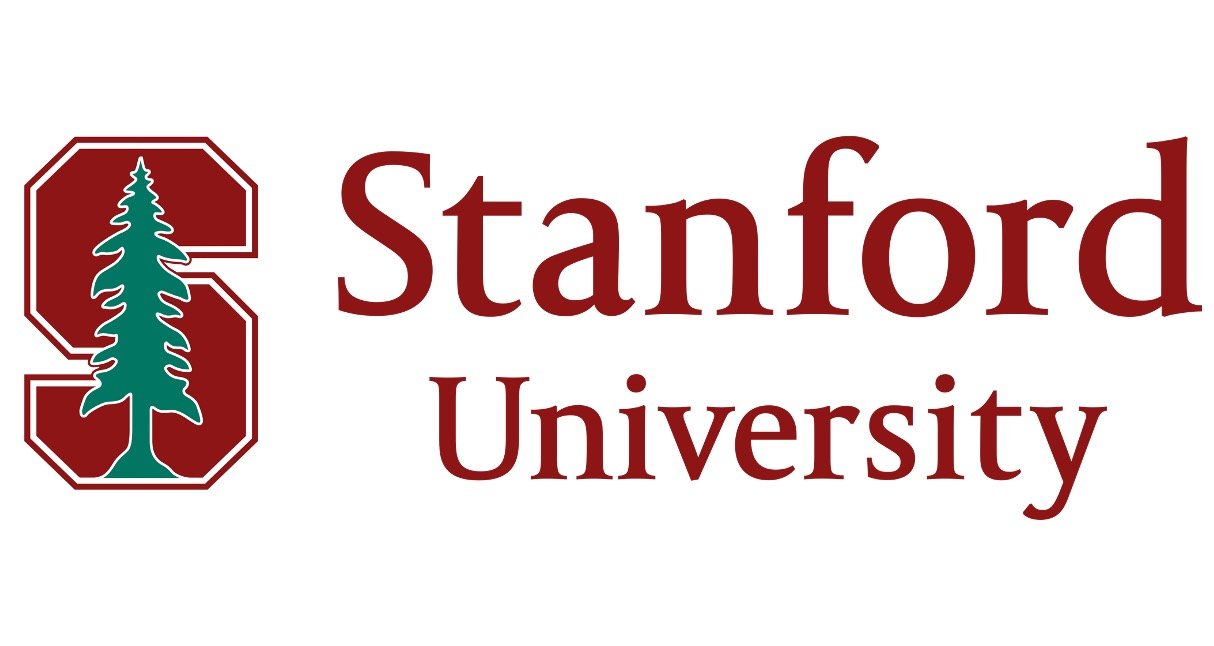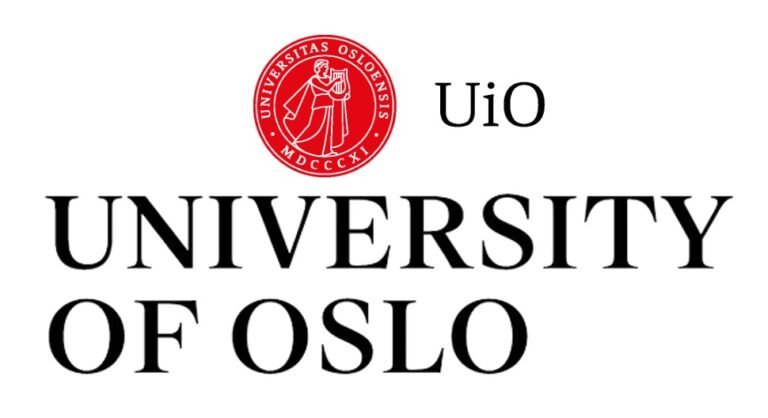The Stanford Optima Group is seeking a highly motivated and skilled postdoctoral researcher to lead machine learning projects investigating model fairness and model generalizability across multi-institutional electronic health records databases. The researcher will have access to the real-world EHR data from almost 20 sites across the United States as well as clinical imaging and testing data from Stanford.
Project themes will include developing models using EHR data to predict outcomes in ophthalmology and glaucoma, as well as investigating methods to improve prediction model generalizability, model fairness, and generalizability of fairness across different clinical sites. The researcher will have the opportunity to use machine learning and deep learning approaches on a wide variety of clinical data modalities, such as structured data, imaging and testing data, and free-text clinical notes. The researcher will have the opportunity to work in a highly collaborative, inclusive and supportive environment including other scientists, physicians, residents, and students. This position is NIH-funded and the researcher will work closely with PI Dr Sophia Wang who will provide committed mentoring and support. The scholar will be able to advance their career as a future independent investigator with opportunities to lead and contribute to a wide variety of projects.
The position will be based in the Stanford Department of Ophthalmology, though trainees from any discipline who meet the required qualifications are encouraged to apply.
- Doctoral degree (PhD) conferred by start date
- Demonstrated experience with analysis of large health databases
- Training and experience in machine learning and deep learning methods
- Excellent English language communication skills, both oral and written
- Ability to work independently and as part of a time
- High motivation/initiative and excellent independent problem-solving skills
- Curriculum Vitae
- Cover letter describing relevant experiences, interests, and goals
- A scientific writing sample (e.g., first-author manuscript or thesis chapter)
- Contact information for 3 recent references
Stanford is an equal opportunity employer and all qualified applicants will receive consideration without regard to race, color, religion, sex, sexual orientation, gender identity, national origin, disability, veteran status, or any other characteristic protected by law.






